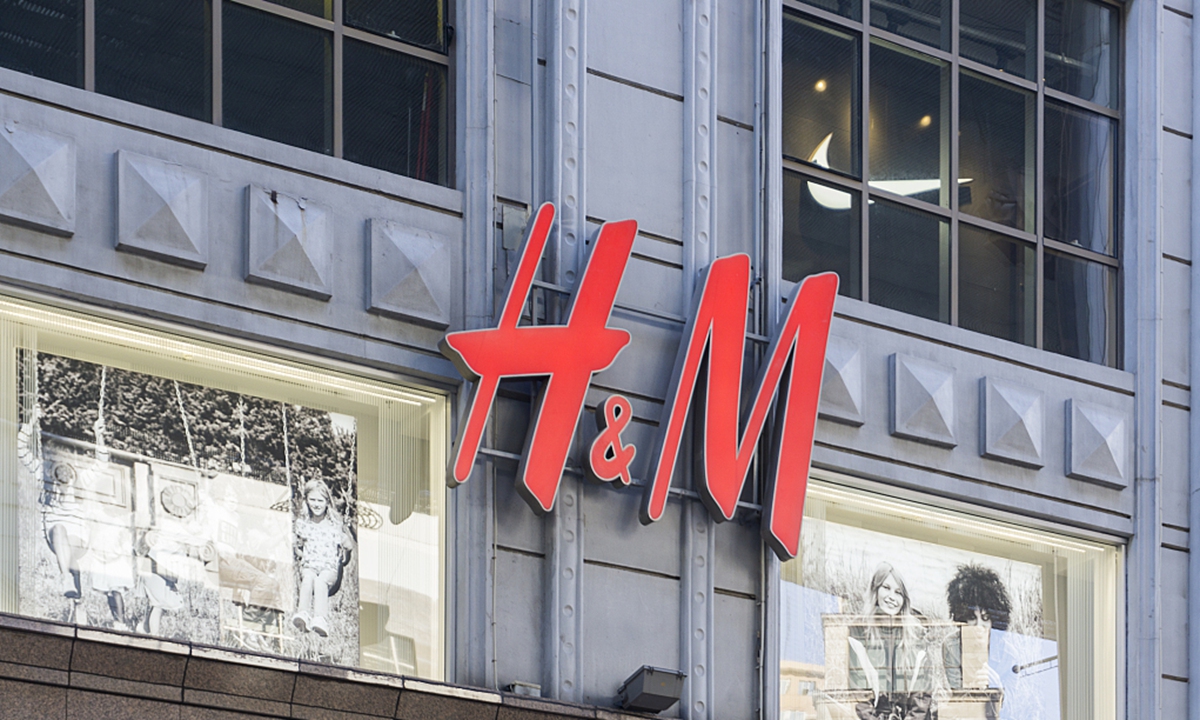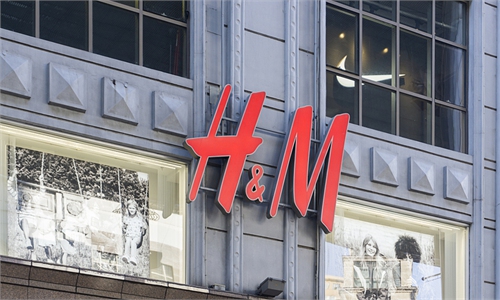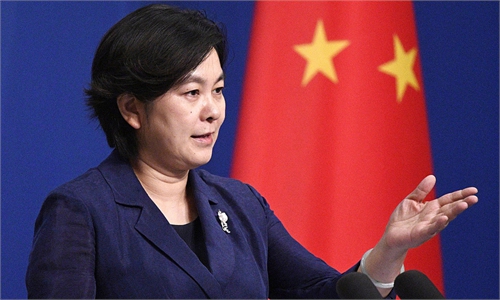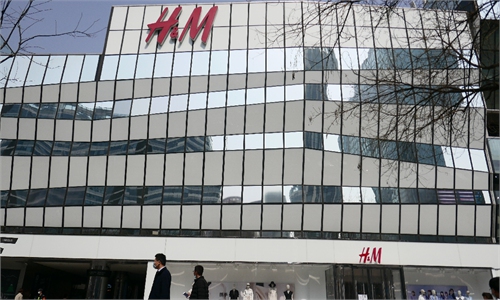
H&M. Photo: VCG
Responding to reports by Chinese netizens of a "problematic map of China" on Swedish clothing brand H&M's official website (hm.com), the bureau of planning and natural resources in Shanghai informed the company and asked it to rectify the "problematic map" promptly.
The summon came following a boycott by Chinese consumers over the Swedish brand's refusal to source cotton grown in Northwest China's Xinjiang Uygur Autonomous Region. As a result, many H&M chain stores in the country chose to close.
After receiving the notice about the "problematic map," H&M (Hennes & Mauritz) Shanghai Commercial Co, corrected the mistake immediately, according to Shanghai authorities, and was later summoned by the bureau together with the Shanghai internet information office.
During the talk, the regulators pointed out the company's violation of Chinese laws and regulations and ordered it to operate the website according to law. The regulators said they will carry out supervision and inspection in the future.
In addition, they asked the company to study Chinese law about cybersecurity, map management and relevant regulations carefully and informed the company that they must "use maps properly without any mistakes."
"Problematic maps" mainly refer to maps endangering national sovereignty and unity, territorial integrity, security and interests, according to the Chinese Ministry of Natural Resources.
According to the Global Times reporter's search, hm.com now provides choices of location to customers with "Mainland China," "Hong Kong SAR" and "Taiwan Region," among other countries and regions.
Over the past years, some foreign companies have run afoul in the Chinese market for their infractions identifying Hong Kong and the island of Taiwan as countries rather than integral Chinese territories.
"H&M's discrimination against Xinjiang cotton, together with the problematic map of China shown on its website, is a provocation for Chinese people," Zhang Yi, CEO of iiMedia Research Institute, a mobile internet consulting agency, told the Global Times on Friday.
According to Zhang's company's monitor of public opinion in China, Chinese consumers do not care about losing a brand like H&M, which hurt the feelings of Chinese people, he said, adding that he holds a pessimistic view about H&M's future in the Chinese market.
Global Times



